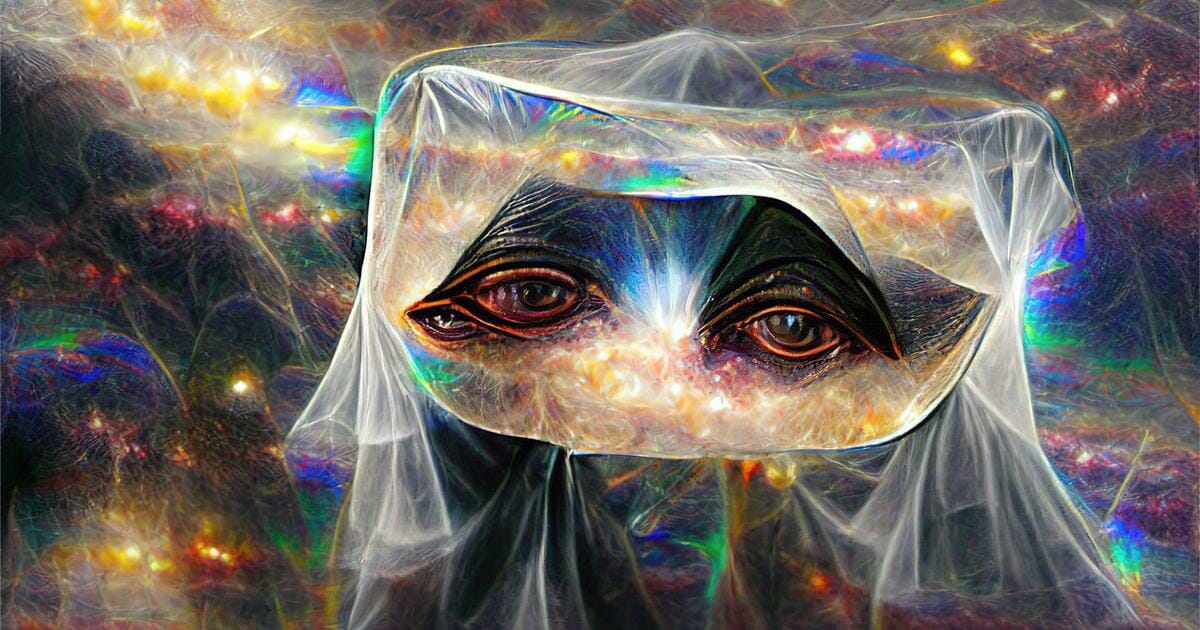Photography has come a long way since its inception, and with the rise of artificial intelligence (AI), it’s taking another giant leap forward. AI photo editing software is now revolutionizing photography in ways that were once thought impossible. From capturing stunning images to enhancing them with incredible precision, AI technology is changing how we perceive and work with visual media.
In this article, we’ll explore the ways in which AI is transforming photography and photo editing; we’ll talk about the benefits of using AI in these fields, recommend some of the best software options available today and provide tips on how to get started using AI for your own photography projects. Also, encourage your adolescent’s love of photography by enrolling them in fun and photography classes for teens where they may develop their abilities, learn new creative approaches, and use the camera to express their individual vision so they can eventually create canvas photo prints.
So let’s dive into the exciting world of AI-powered photography!
How AI is Transforming Photography?
AI technology is transforming photography in several ways, making it easier and more efficient for photographers to capture stunning images. One of the most significant advancements in AI photo editing software has been the ability to recognize specific objects, people, or even animals within a photograph. This allows photographers to fine-tune their settings according to what they are trying to capture.
Another area where AI is revolutionizing photography is with its autofocus capabilities. With AI-driven autofocus systems detecting human eyes, animal faces or tracking moving subjects have become much more accurate and effortless than ever before. Additionally, image stabilization algorithms are becoming increasingly sophisticated thanks to advanced neural networks that can predict motion patterns with great accuracy.
Moreover, AI-based software programs like Luminar Neo use machine learning algorithms that analyze thousands of images per second by studying composition and colors used throughout them. This analysis enables Luminar Neo’s editing tools to produce amazing results automatically while giving users complete control over every aspect of their edits.
As we continue further into the age of artificial intelligence, we can expect even more remarkable developments in this field that will create new opportunities for both amateur and professional photographers alike!
The Benefits of AI in Photography
Artificial intelligence (AI) has become a game-changer in the photography industry owing to its ability to automate tedious tasks that used to consume significant time. The use of AI in photography provides several benefits, including enhancing image quality by automatically adjusting parameters such as brightness, contrast, and color saturation. This, in turn, enables photographers to focus more on creative aspects and spend less time manually tweaking settings.
Additionally, AI-powered software can assist with object identification and removal, especially when editing images with unwanted elements in the frame. Furthermore, AI technology has made it possible to improve low-resolution images without compromising the quality. Through machine learning algorithms, missing pixels can be predicted based on surrounding data points, sharpening and improving once blurry or pixelated images.
One of the most significant advantages of leveraging AI in photography is the time-saving aspect without compromising quality. Automated workflows for tasks like culling images or batch-processing edits across multiple shots simultaneously help streamline photography workflow, allowing photographers to focus on creating great art. Therefore, integrating artificial intelligence into photographic workflows offers a range of benefits worth exploring further!
How To Get Started With AI In Photography?
It can seem difficult to begin using AI in photography, but it doesn’t have to be. Here are some pointers to get you going:
1. Do your research: There are many different AI tools available for photographers, so it’s important to do your research and find the one that best fits your needs.
2. Experiment: Once you’ve chosen an AI tool, start experimenting with it. Play around with the different features and settings to see what works best for your photos.
3. Learn from others: Join online communities or attend workshops where other photographers share their experiences using AI tools in their work.
4. Keep learning: As technology continues to evolve, new AI tools and techniques will become available. Stay up-to-date by reading blogs, attending conferences, and continuing to experiment with new technologies.
By following these tips, you’ll be well on your way to incorporating AI into your photography workflow and taking advantage of all the benefits this technology has to offer!
Some Of The Best AI Photo Editing Software
When it comes to AI photo editing software, there are many options available in the market. Each one has its own unique features and capabilities that can help photographers achieve their desired results quickly and easily.
One of the most popular choices is Luminar Neo, which offers a wide range of AI-powered tools such as sky replacement, portrait enhancement, and object removal. Its user-friendly interface makes it easy for beginners to get started with photo editing.
Another great option is Adobe Photoshop Elements 2022, which uses AI technology to automate tasks like color correction and image cropping. It also offers advanced features like facial recognition and auto-tagging for efficient organization of photos.
For those who prefer a web-based platform, Fotor Photo Editor is an excellent choice. Its AI-driven filters enhance images with just one click while allowing users to adjust settings manually if they wish.
Other notable mentions include Skylum’s Aurora HDR 2021 for high dynamic range (HDR) photography enthusiasts, ON1 Photo RAW 2022 for professional-level editing capabilities, and DxO Nik Collection 4 for creative effects like film simulations and black-and-white conversions.
These top-rated AI photo editing software programs offer photographers powerful tools that can save time while delivering stunning results.
Conclusion
The use of artificial intelligence (AI) in photography and photo editing has brought about a significant transformation in the industry. It has made image processing more accessible and efficient for everyone. AI-powered tools such as Luminar Neo have simplified complex tasks that would have previously taken hours to execute.
The benefits of utilizing AI in photography are numerous, including faster processing times, improved accuracy, and productivity. As technology continues to advance, we can expect even more advanced features from these tools.
If you’re looking to dive into AI-powered photography or improve your photo editing skills with the latest technology, now is a perfect time to start. With a wide range of options available on the market today, it’s crucial to conduct thorough research and select the best tool that suits your specific needs.
So, go ahead and explore what AI-powered software like Luminar Neo can offer in your next project—you’ll undoubtedly find it much easier than conventional photo editing methods!




